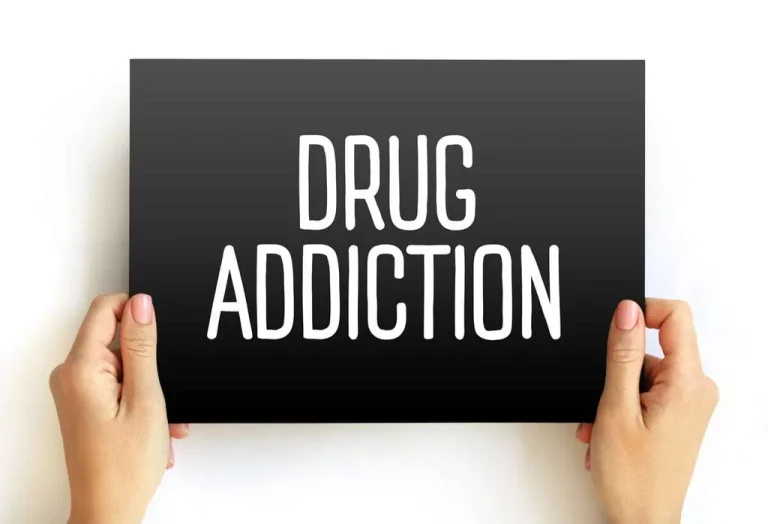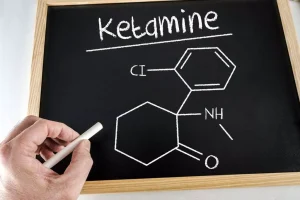
You get better sleep, your skin looks younger, your heart health improves, your immune function improves, and your risk of cancer even decreases. If you want to cut back or quit drinking but don’t know where to start, consider trying Reframe. We’re a neuroscience-backed app that has helped millions of people reduce their alcohol consumption and develop healthier lifestyle habits. Finally, a healthier heart is something to celebrate one year into your alcohol-free journey.
Lifestyle Quizzes
The exact benefits will depend on how much alcohol you were drinking and on factors such as your genetics, overall health, and how your body responds. But drinking less is always a good choice for your body and health. Most people experience the most severe symptoms from about 36–72 hours after stopping drinking. When a person drinks too much, they may have difficulties thinking clearly and making sound decisions, which can lead to all sorts of dangers and injuries.
Mild to moderate alcohol withdrawal treatment

By days 4 to 6 after quitting alcohol, most of the major physical withdrawal symptoms should start to subside. During this time, your liver function, immune system, and cognitive function begins to improve. You may also notice an increase in your energy levels and a decrease Alcohol Use Disorder in fatigue. Alcohol withdrawal refers to the physical and mental effects a person experiences after stopping prolonged and heavy alcohol use.
- Drinking can send your hormones into a frenzy—it impacts our endocrine system, which allows our body to respond appropriately and cope with changes in our environments.
- Chronic alcohol consumption can also lead to a deficiency in vitamin B1 (thiamine), potentially resulting in serious neurological disorders like Wernicke-Korsakoff syndrome, she adds.
- Anyone stopping alcohol should discuss their plan with a doctor and seriously consider undergoing a medically-supervised detox.
- This can lead to withdrawal symptoms, including anxiety, tremors, sweating, and nausea.
- While it may have been helping us to fall asleep, it basically wrecked the quality of our rest after we lost consciousness.
One Year In: Reduced Inflammation and Healthier Heart

Depending on the person, Kumar said she sometimes suggests cutting back on alcohol to lose weight. Cirrhosis of the liver (severe scarring of the liver) can occur over time in those who drink excessively. Heavy drinking can actually cause the part of the brain that’s critical to memory and learning (hippocampus), to shrink. There are certain brain chemicals called excitatory neurotransmitters that will stop doing their job when you drink, which can make you feel sleepy and sedated. Unless you’ve replaced the empty calories of alcoholic drinks with another indulgent food, you’ve probably cut 2000 calories by the second week’s end. You may find your scale reading a pound or two lighter than before.
Week 2 With No Alcohol
- If you or someone you know shows signs of delirium tremens, go to the emergency room immediately.
- Try skipping alcohol, especially in the late afternoon and evening, for more restful shut-eye.
- However, cutting back or giving up at any age will reap huge rewards.
- This process temporarily restores homeostasis, or chemical balance, in an effort to counteract the impact of long-term alcohol use on the brain.
- There are people out there who have been where you are and want to help.
Over time, the brain can actually get used to the effects of alcohol, causing it to work harder and cause unpleasant or even dangerous withdrawal symptoms like tremors and heart palpitations. Alcohol has long held a prominent place in many societies and cultures. While moderate alcohol consumption may offer some small cardiovascular benefits, the risks of consumption may outweigh these potential benefits. Additionally, drinking excessively has =https://ecosoberhouse.com/ been shown to increase the risk of accidents and injuries.

So, by quitting, you can actually reduce the risk of inflammation and promote healthier, clearer skin. Since alcohol is a depressant, it can throw your sleep cycle off balance by slowing down your nervous system. As your nervous system speeds back up once the alcohol exits your system, you may experience sleep disruption and wake up more throughout the night. “Insomnia is pretty common among people who abuse alcohol,” McGrath says. Whether you’re challenging yourself to a no-drink stint (hello, Dry January) or considering cutting back on alcohol in general, your body can experience some real changes when what happens when you stop drinking alcohol you stop drinking.



